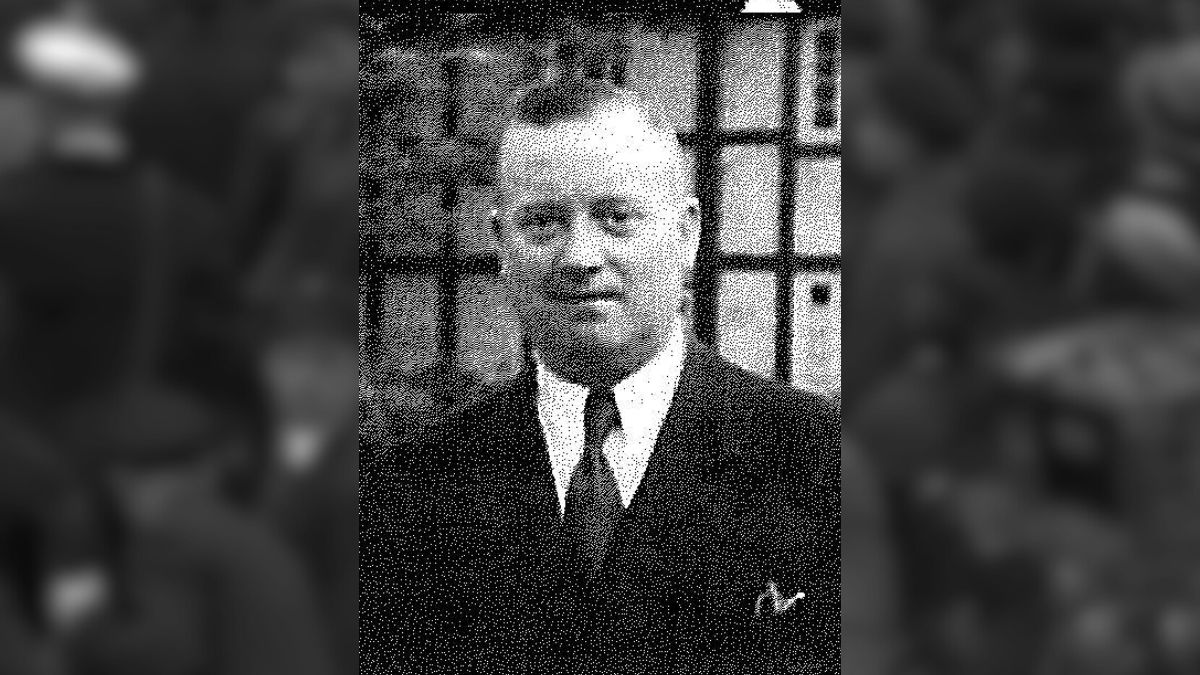

BreakPoint
Opening Pandora’s Box
Last week, Stanford University announced the creation of a new institute to develop medical therapies based on embryonic stem cell research. But what's even worse is where it's going to get the embryos: human clones. This news makes it more incumbent than ever that our representatives act to ban all forms of human cloning. Stanford initially denied that any human cloning would take place at the institute. A Stanford spokeswoman told reporters, "We're not cloning embryos, and we're not going to clone embryos." However, by the end of the day, Stanford changed its tune. Although they wouldn't use the word "cloning," that's exactly what they intend. Nobel Laureate Paul Berg pointed to the fact that "the state of California has said nuclear transfer . . . is an acceptable and legal technology . . . " In other words, Stanford is going to clone human embryos. The head of the new institute, Irving Weissman, emphasized the difference between what Stanford will be doing -- what he called "therapeutic cloning" -- and "growing cloned babies." He told USA Today, "We are unanimously against human reproductive cloning." But the distinction is meaningless. "Reproductive" and "therapeutic" cloning are the very same procedure with the same technology. What distinguishes the two is the reason for cloning. Reproductive cloning produces babies; therapeutic cloning produces embryos that will be killed for their stem cells. As columnist Charles Krauthammer has noted, the term "therapeutic cloning" is misleading. Researchers like those at Stanford seek "to disassemble" the four- to seven-day-old divided cell, called a "blastocyst," and "pull the stem cells out." As a result, "the clone is invariably destroyed in the process." It's hard to imagine a more direct assault on human dignity and the sanctity of life than what Weissman, his colleagues, and others propose. Creating embryonic humans for the express purpose of destroying them to harvest their parts is turning human life into a commodity. This dehumanization in the name of scientific progress affects everyone, not just the cloned embryos. And unfortunately, because of congressional inaction, there's no legal barrier to stop them -- at least not yet. President Bush's policy limiting stem cell research only affects research funded by federal money. This is a case where an anonymous donor is doing the funding. The momentum toward human cloning is accelerating and won't stop with "therapeutic" cloning. Inevitably, someone will implant a cloned embryo inside a womb. Then all the evils associated with cloned humans will come to pass: man creating life, the ultimate blasphemy against God. The only way to prevent this is to stop human cloners before they get started. And the only way to do that is for Congress to act. That's where we come in. We must insist that our representatives make safeguarding human dignity their top priority. This nation must join the nations of Europe in banning this terrible evil. And we need to be prepared to make the case against human cloning to our friends and neighbors. I'm convinced that if the American people understood where this leads -- the opening of the Pandora's box -- that they would rise up in righteous indignation. For further information: Learn how to contact your representative and senators. Rick Weiss, "New Institute Targets Stem Cells," Washington Post, 11 December 2002, A11. Elizabeth Wiese, "Stanford announces plans to clone human embryos," USA Today, 11 December 2002. Charles Krauthammer, "Research Cloning? No.", Washington Post, 10 May 2002, A37. Dr. Nigel M. de S. Cameron, "Cloning at Stanford," Council for Biotechnology Policy, 13 December 2002. William Kristol and Eric Cohen, "A Clone by Any Other Name," Weekly Standard, 23 December 2002. To receive the FREE monthly "Biotech Policy Update" e-newsletter, send an e-mail to mailto:biotech@biotechpolicy.org with "subscribe" in the subject line. "Debate of the Century: What Does It Mean to Be Human?" -- Dr. Nigel Cameron, dean of The Wilberforce Forum and director of the Council for Biotechnology Policy, debated Dr. Peter Singer of Princeton University at the Center for Bioethics and Culture last summer. BreakPoint Commentary No. 021202, "Art Imitates Life: Law & Order and Stem Cells."
12/17/02















